Welcome to ARIIA First Nations Hub
Aboriginal and Torres Strait Islander people should be aware that this website contains images, voices and names of deceased persons.
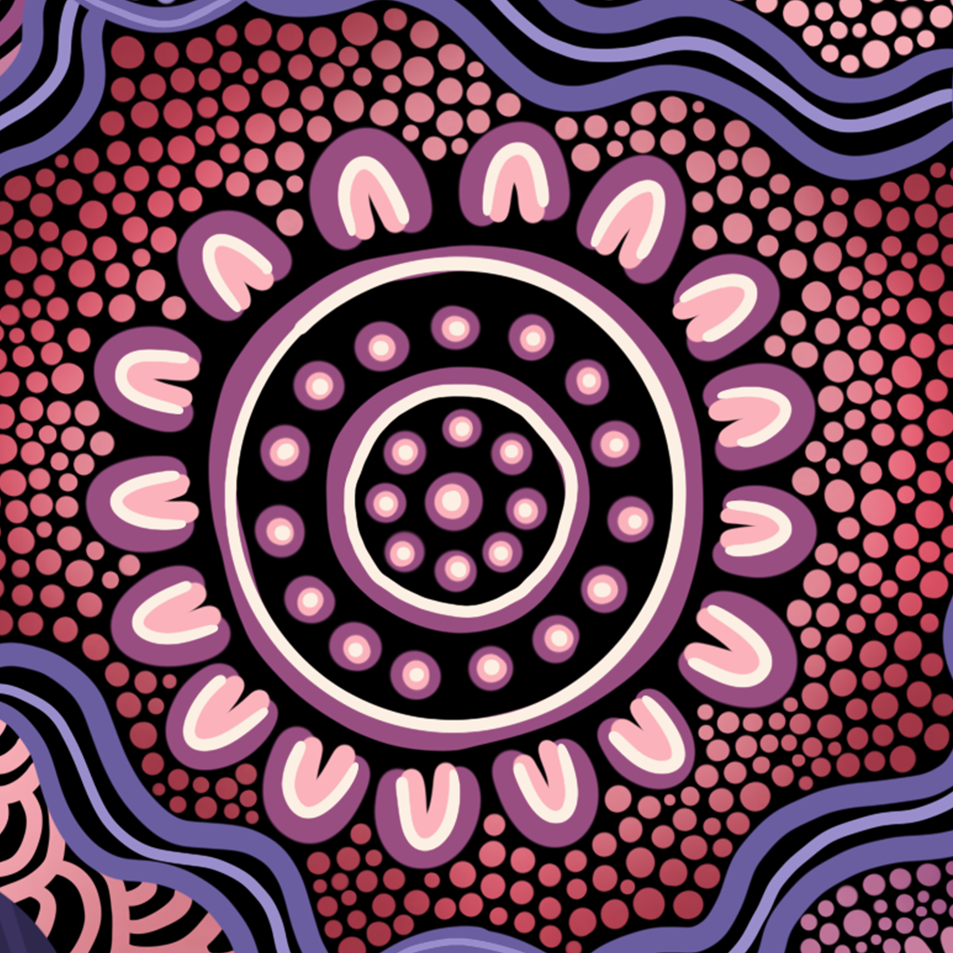
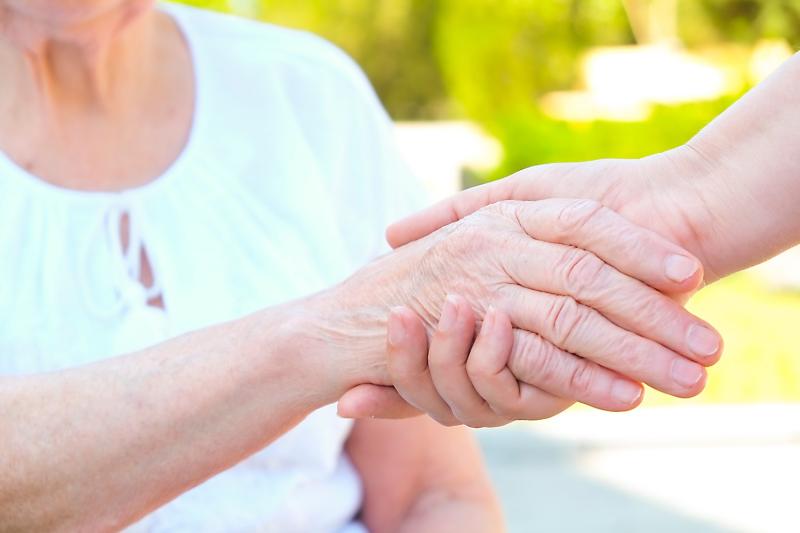
Dr Joanna Waloszek of the Elders AT Ease (ELATE) program explains why mental health outreach to residential aged care is so important and what one innovative program is doing to address the mental health concerns of this population group.

The COVID-19 pandemic intensified social isolation and loneliness concerns, especially among the older population age group. A team from Bolton Clarke describe the implementation of a volunteer-delivered social support program designed to combat social isolation during this time.
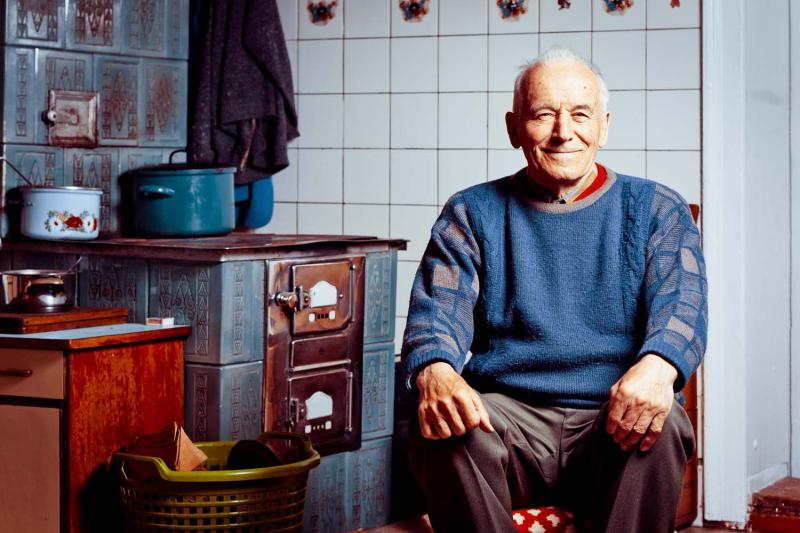
This webpage from the Victorian Government Department of Health provides information about behavioural and psychological symptoms of dementia, including reassuring and reducing triggers, wandering, sundowning, anxiety or agitation, aggression, hallucinations or false ideas, disinhibited behaviour, and pharmacological treatment.
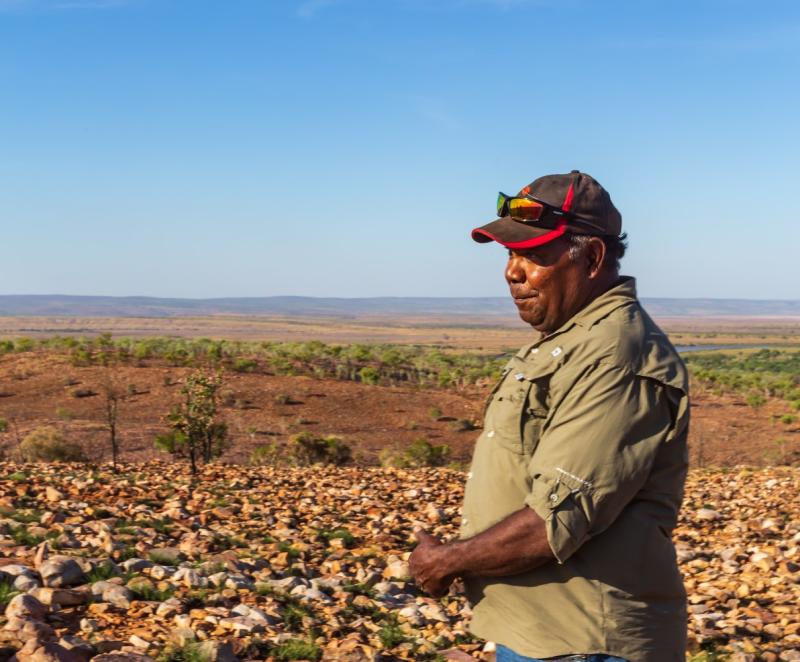
These two videos about telehealth from the University of Queensland are an educational resource for health professionals and people with dementia and their families.
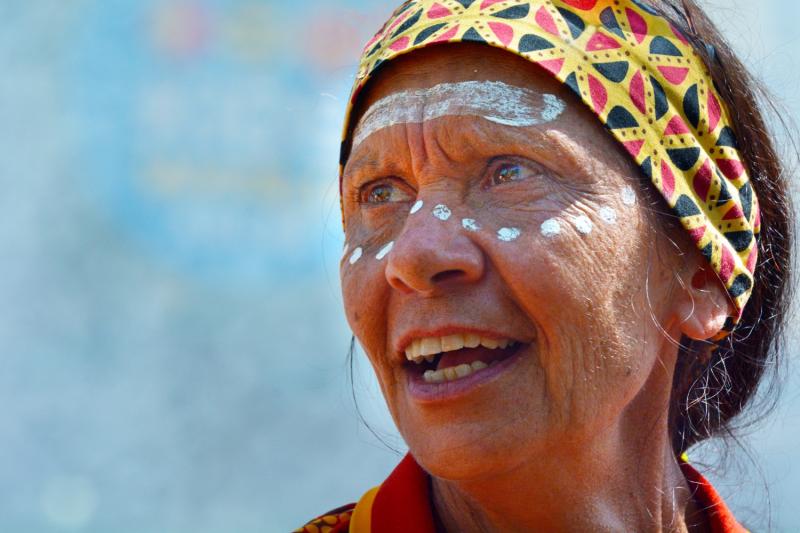
Cup of tea is a short animated video from Anglicare Northern Territory that tells the story of an elderly Aboriginal and Torres Strait Islander carer Betty and her husband Brett, who requires daily aged care. Betty also cares for her grandchildren and finds she is not coping with all the daily caring responsibilities (available in English, Yolngu Matha and Anindilyakwa).
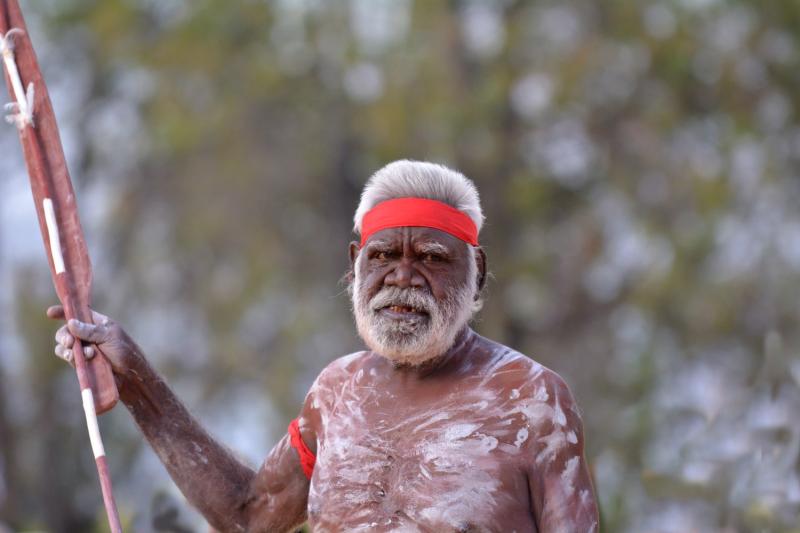
These guidelines from the Dementia Collaborative Research Centre have been provided to ensure that people with dementia who live in remote communities are correctly diagnosed and receive the services that they, and their families, require.
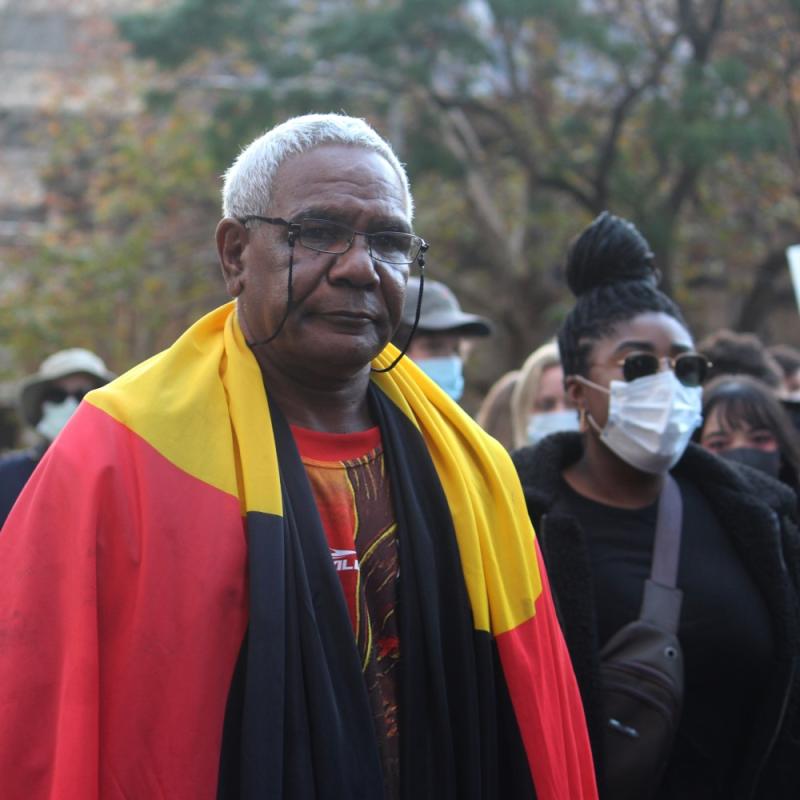
This is a guide from the University of Melbourne to support best practice in primary health care settings for Aboriginal and Torres Strait Islander Peoples in relation to cognitive impairment and dementia.
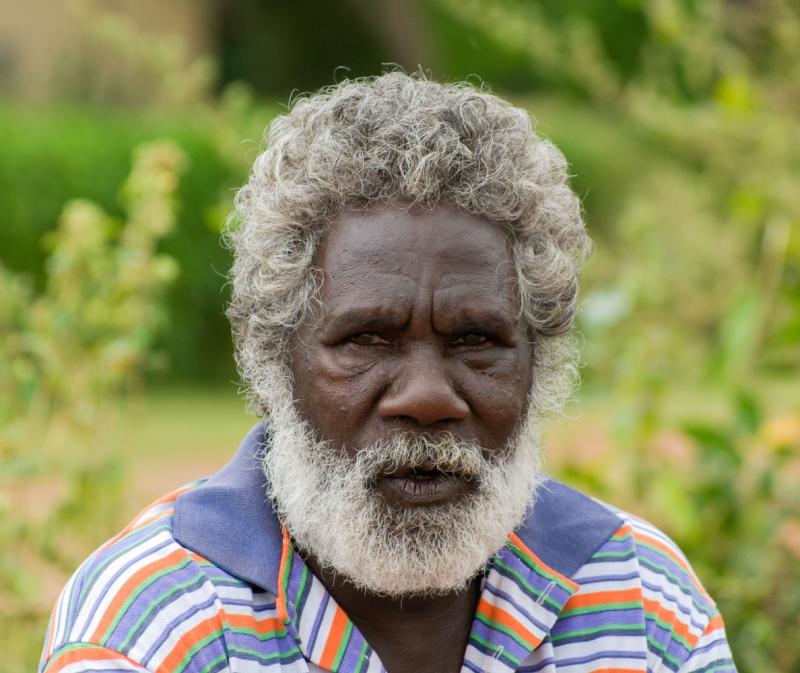
These illustrated cue cards from Dementia Support Australia assist carers/care staff to understand the care needs of a person and create opportunities to build trust and security while reducing anxiety.
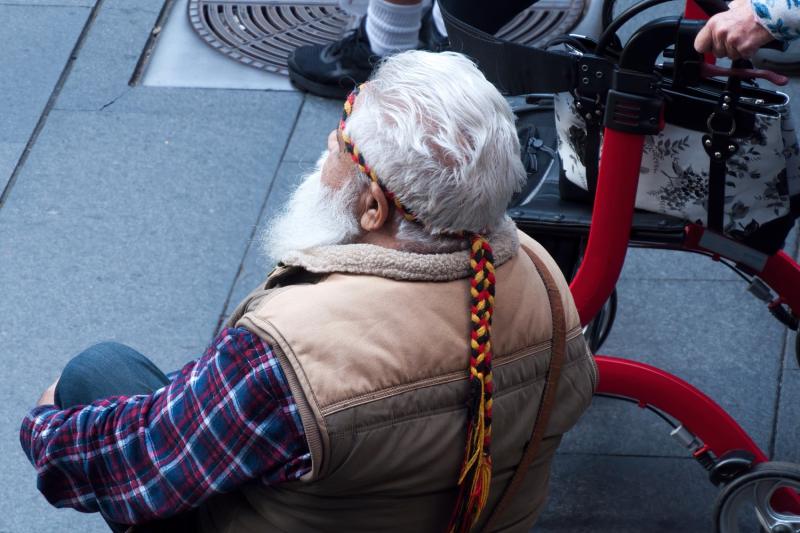
This helpsheet from Dementia Support Australia provides tips and practical information to help you support an Aboriginal and Torres Strait Islander person with dementia feel more settled in their new care environment.
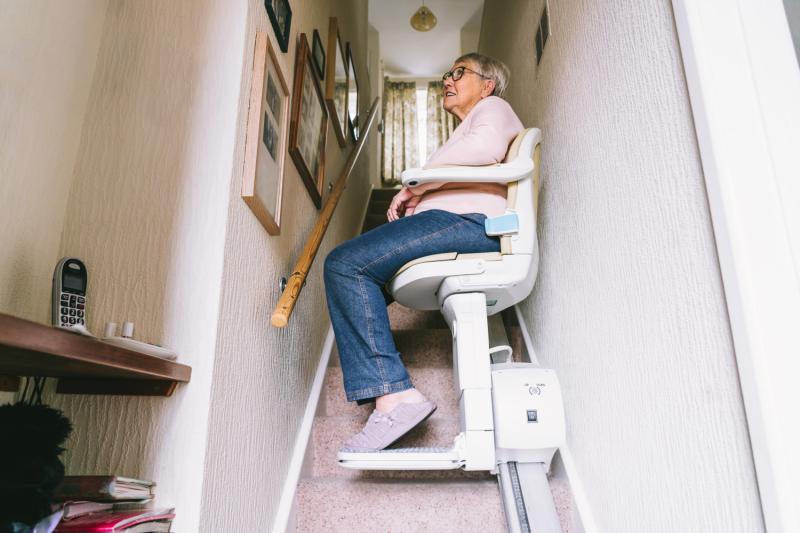
Much assistive technology is aimed at supporting people with dementia and their carers at home. This webpage from The Victorian Government Department of Health provides information about the types of technology available, and tips about choosing technology that works for you.